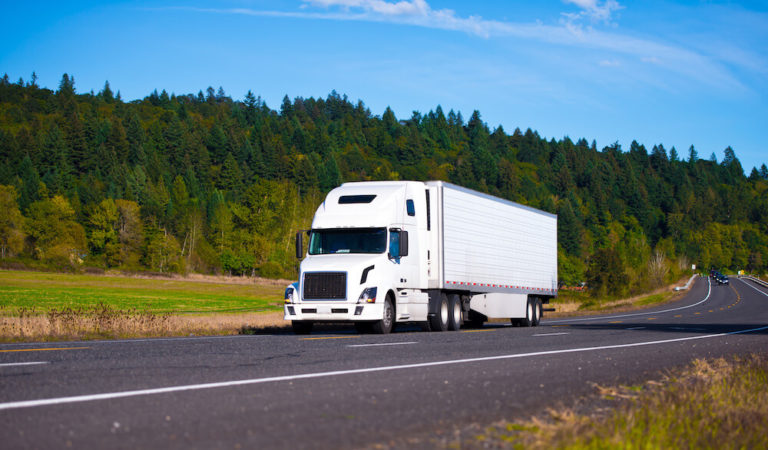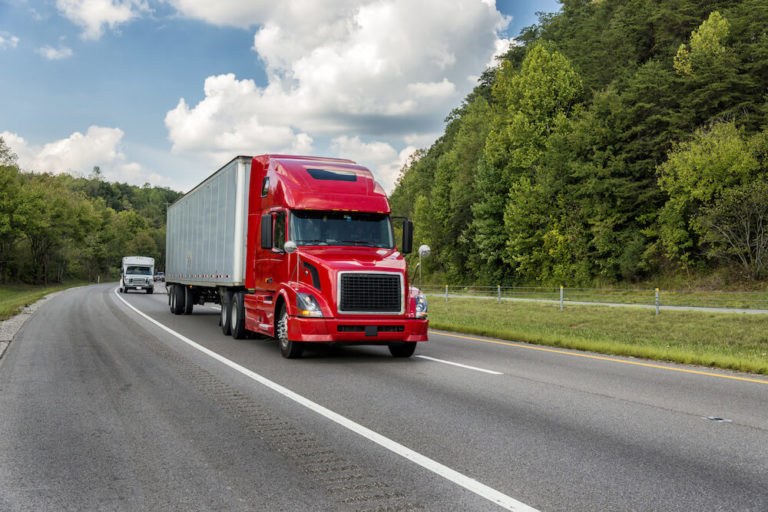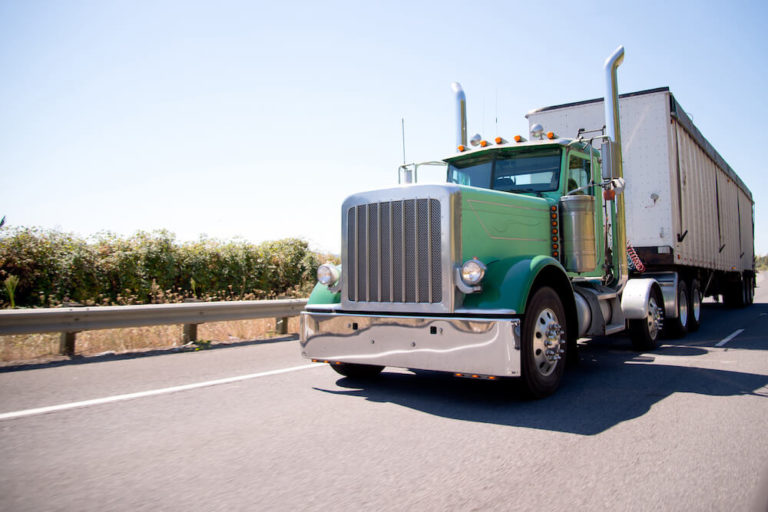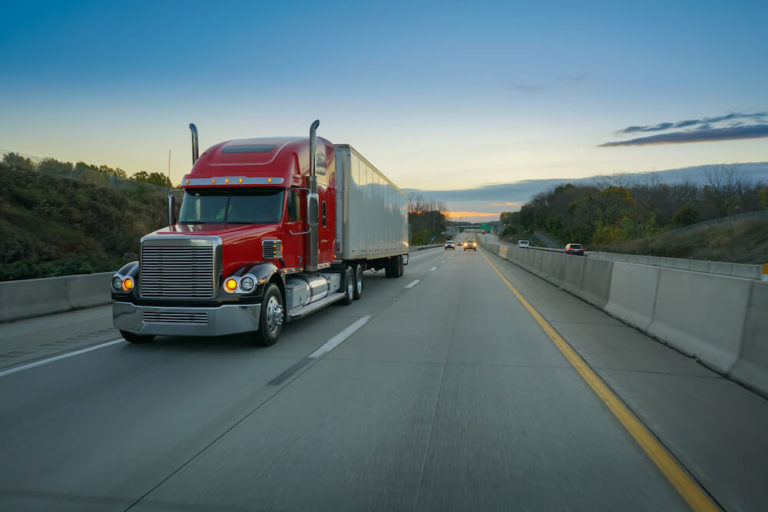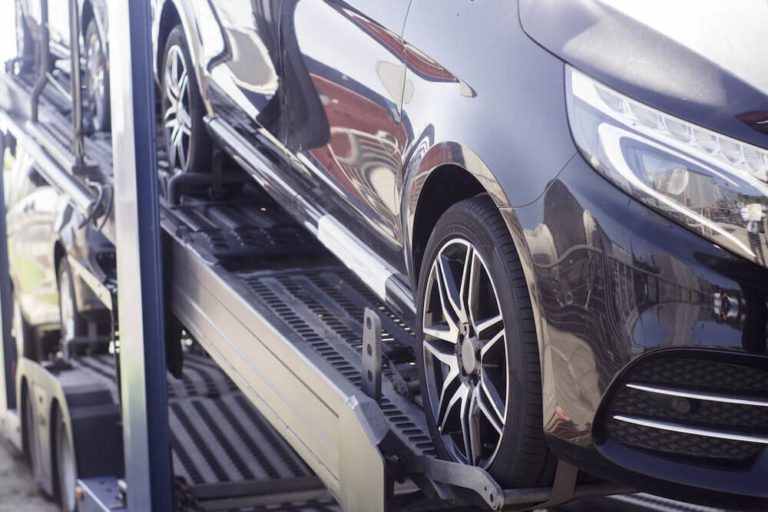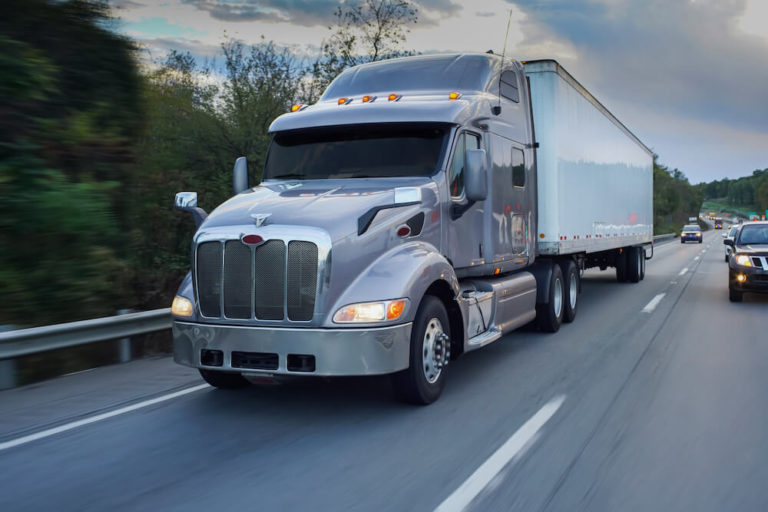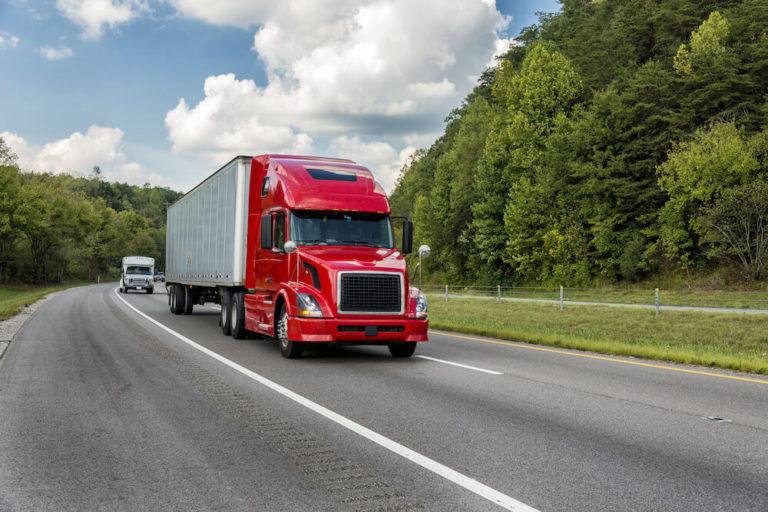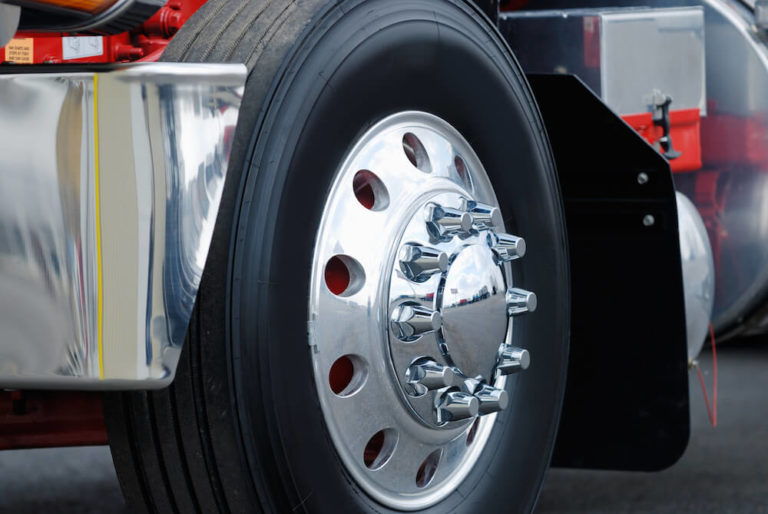The Unified Registration System (URS) was created to simplify and streamline the registration process required by the Federal Motor Carrier Safety Administration (FMCSA).
Month: March 2019
What is a trucking company’s CSP (Company Safety Profile)?
The Federal Motor Carrier Safety Administration (FMCSA), a division of the federal Department of Transportation (DOT), retains safety information for every commercial carrier that drives on public roads. It also keeps a safety record for every trucking company or independent owner-operator.
What is the difference between interstate and intrastate commerce?
Interstate commerce and intrastate commerce refer to two different ways of transporting cargo or people. The term interstate means that the commercial truck driver moves cargo or people across state lines. Specifically, it includes the following definitions:
What is a private motor carrier?
The term private motor carrier refers to a commercial trucking company that transports the cargo it produces rather than outsourcing the job to another company or independent owner-operator. Businesses that operate as a private motor carrier typically produce, sell, or use the cargo it produces and transports.
Who is required to carry cargo insurance?
While all motor carriers must carry a limited amount of liability insurance, this is only the basic requirement and it offers no protection for the goods you carry. You need to carry cargo insurance to guard against financial loss from damage to your cargo while in transit or storage.
Auto liability and cargo insurance as a car hauler with my own authority
Driving a commercial truck like a car hauler under your own authority is an exciting step in your career. You want to do everything right and may wonder if you need to carry larger amounts of auto liability insurance and cargo insurance now that you are no longer leased to a motor carrier.
What are the different types of commercial driver’s licenses?
The ongoing trucker shortage has led companies of all sizes to actively recruit and hire new drivers – at attractive and appealing rates. In order to secure one of those jobs, though, you need to get your commercial driver’s license, or CDL. Learning more about the different types of commercial drivers licenses makes it easy to determine your training path and make the most effective and efficient decisions for your career.
What’s the difference: Actual cash value vs. stated limit for trucks
You’ve done everything right – your drivers are experienced, careful and well-trained, your trucks are well-maintained and up-to-date and everyone is complying with regulatory laws – but you still had an accident. It happens to everyone eventually, and it’s why you have commercial coverage for your fleet of trucks and vans anyway.
Can I use bobtail liability insurance to get my tags?
The term bobtail typically means that a truck has no trailer attached to it. If you work for an employer, that company typically provides primary liability coverage while you are delivering the goods. Since this policy does not cover the times when you are driving but not delivering goods, it is a good idea to obtain bobtail liability insurance for these situations. (It’s really important to have the proper insurance.)

